Hope is in All of Us
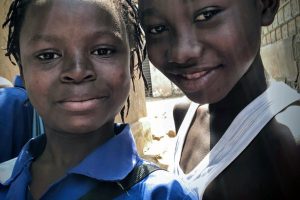
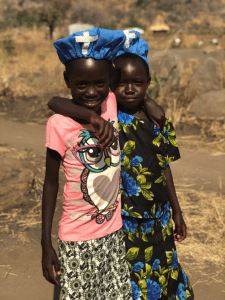 In Uganda, I saw a refugee camp attempting to care for 287,000 South Sudanese who fled their homes from civil war (1.4 million in all camps combined). And in that settlement, I met two girls playing dress up, skipping and laughing together.
In Uganda, I saw a refugee camp attempting to care for 287,000 South Sudanese who fled their homes from civil war (1.4 million in all camps combined). And in that settlement, I met two girls playing dress up, skipping and laughing together.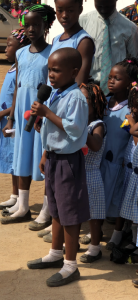
Hope was in a mother’s eyes when she found her way to a nutrition clinic miles away from her home, despite the heat and her many other responsibilities. She was determined to get her baby lifesaving food-medicine to fuel her recovery from severe acute malnutrition.
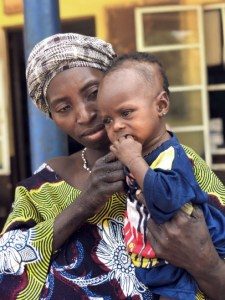
Hope was in a young boy’s ingenious creation of a toy car and eyeglasses that he crafted out of scraps of trash and sticks, a testimony that life not only brings challenges, but also opportunities to imagine and dream.
The people I met, despite living in the most difficult conditions imaginable, have not given up.
Not even close.
They survive with scarcity of every resource we take for granted: water, food, clothing, electricity, shelter, safety. But they wake up every day and face these challenges with stoicism, determination, and yes, hope.
We turn away from the tough stories in our news feeds: we are busy and overwhelmed with our own schedules and struggles. But I came home determined to stop looking away. I will stop waiting for the media to hand me the news it deems important each day. I will stop scrolling past the tough stories. I will seek out the truth about what is happening in communities affected by conflict, famine, corruption and environmental catastrophes.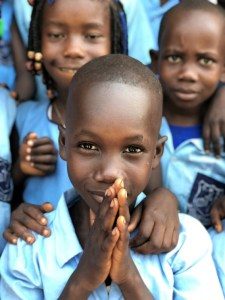
My mother’s mantra to my sister and me growing up was: do your part. She explained that everyone has a role to play, however small, in providing for a family’s or community’s wellbeing. Following my recent trip, I was reminded once again that, when it comes to building a more resilient world full of hope, all of us have a part to play.
Visit a factory like Edesia that makes lifesaving food for young children. Donate. Help save a life. Ask your senators and congressman to support emergency aid and long-term development for these communities in crisis. Talk to your friends and family about what you learn. Make a donation, however small, to an organization that is helping.
When we stop looking away, we may hear stories that make us uncomfortable. We may ache for those suffering incomprehensible hardships. But we’ll also encounter the heroes making a difference, the organizations determined to help, and the opportunities to give fellow human beings a chance not only to survive, but thrive.
These mothers, fathers, and children two flights away haven’t lost hope.
So neither should we.


Recent Comments